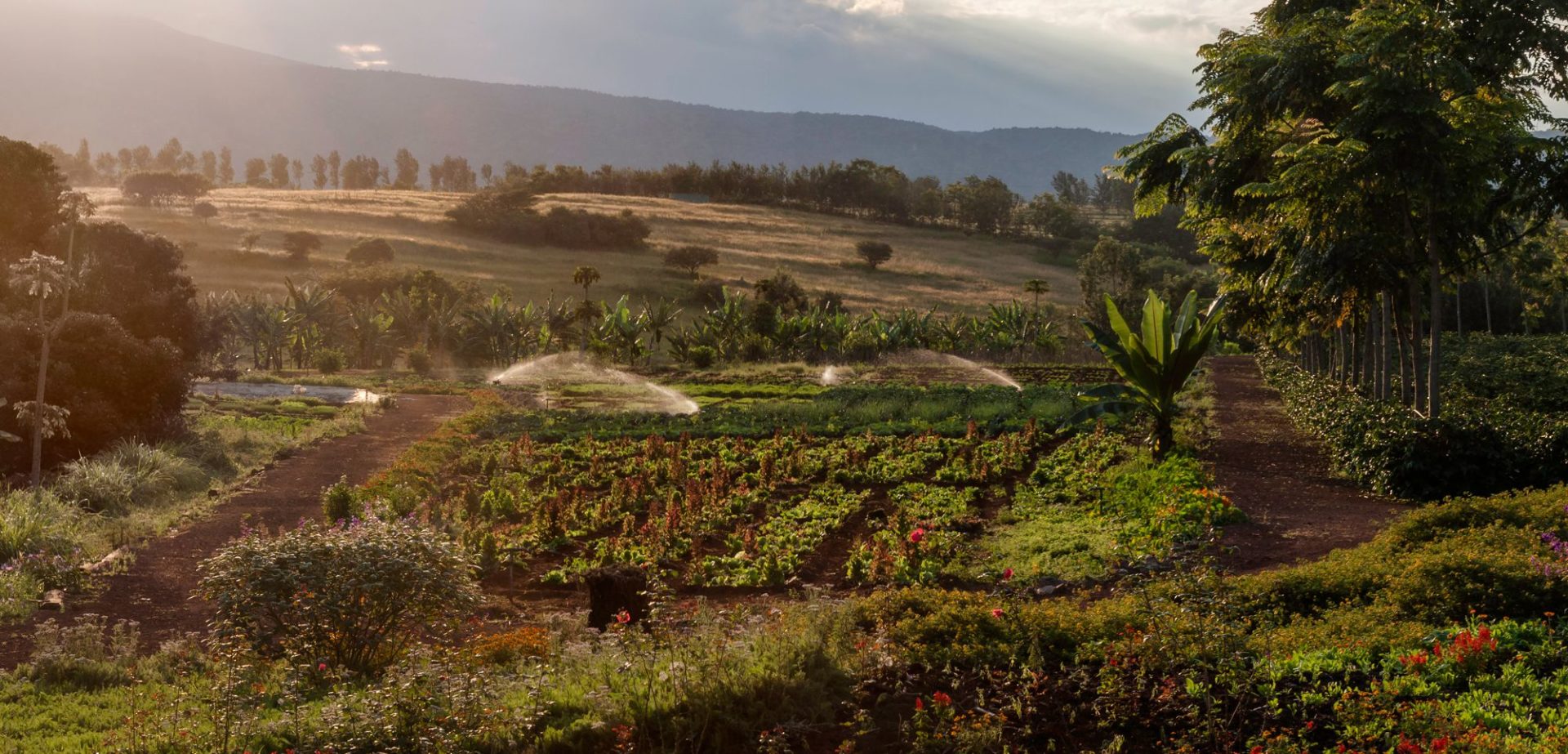Your career has taken you from Tanzania to the US and Ethiopia and back again. Can you share a bit about your path back to East Africa?
I was born and raised in Tanzania. I moved to the US at the age of 18 for my undergraduate studies in economics at the University of Berkeley, as a Mastercard Foundation scholar. Even before I had decided to study international development, I was drawn to internship opportunities in East Africa. For example, as an undergraduate I completed an internship at Twaweza, an NGO in Tanzania that is well known for its research work in education. Before starting my Master’s I took on a consultancy role at One Acre Fund, an agricultural NGO, in Tanzania. I found the work fascinating, not only in terms of the research methodologies but also because the results had direct implications for policy and program decision-making.
Completing my Master’s in Development Practice at Columbia University really sparked the fire to return to the region for me. My cohort at Columbia was very small, and I was one of few African students. I realized there was a gap between the people who were working in the development sector on the continent, and the people their work was serving: a lot of people from foreign countries are moving to East Africa while East Africans are leaving. I believe that people from the region can bring so much value to the work, and I wanted to be a part of that.
What attracted you to working at Laterite?
During the first year of my Master’s, Sachin (Laterite Managing Partner) visited the career center as an alum to present findings of an education study in Rwanda. I was impressed by what Laterite was doing, not just from the research perspective but I also really connected with Laterite’s values. There was this strong commitment to having the whole team based in the country, and an emphasis on using evidence for policy-making. I was also pleased to see a Kenyan leading a research organization carrying out research in East Africa.
So when I finished my degree, I applied for a position in Laterite’s Ethiopia office, where I worked from June 2019 until I moved back to Dar es Salaam during the early days of COVID in 2020.
Why has Laterite opened an office in Tanzania?
Since moving back to Dar es Salaam, I have spent a lot of time getting to know the research sector in Tanzania. We realized there is a niche for Laterite in the country because what we bring to the table is very unique.
It starts with our strong focus on building a team with a deep understanding of the country. A big part of this is our data team, which we are building at the moment. The data team will bring their own local networks which are critical for the success of research projects in East Africa. This local knowledge is so important for the kind of research we do, but is often lacking in studies led by overseas organizations.
We also bring a strong emphasis on ethically sound research, from our safety protocols regarding COVID-19 to our commitment to always seeking local ethics approvals for our research projects. Processes to obtain ethics approvals in Tanzania are not straightforward and can take time, but they are critical to demonstrate respect and enable local oversight.
Finally, Laterite Tanzania is not starting in a vacuum – we are building on years of experience and a team of experts in a range of sectors from agriculture to public health to gender and nutrition. This means we are ready to hit the ground running.
We have an opportunity to lead in the research sector in the country, and show that pushing the boundaries in terms of having local teams and processes – and always looking to do things in better and more innovative ways – is something that can and should be done.
What kind of projects are you most excited about working on in Tanzania?
I see a lot of potential to apply our expertise in evidence-based decision-making in the agriculture sector, which is so critical in Tanzania. In addition to my own experience and personal interest in this sector, there have been many interesting interventions by organizations in this sector. For example, One Acre Fund in Tanzania aims to systematically improve the livelihoods of smallholder farmers by providing access to financing and training.
There is also a lot happening in the education sector in Tanzania. There is a clear need to understand the gaps in the education sector from both the demand and supply sides to improve learning outcomes. To play a role in bridging this gap using aspects of monitoring, evaluation and learning will be exciting – especially given our experience with large-scale education projects like Leaders in Teaching in Rwanda.
Ravina Pattni is a Research Associate at Laterite Tanzania. She has worked at Laterite since June 2019 in both the Ethiopian and Tanzanian offices. Read more about our new office in Tanzania and the services we can offer across East Africa.
